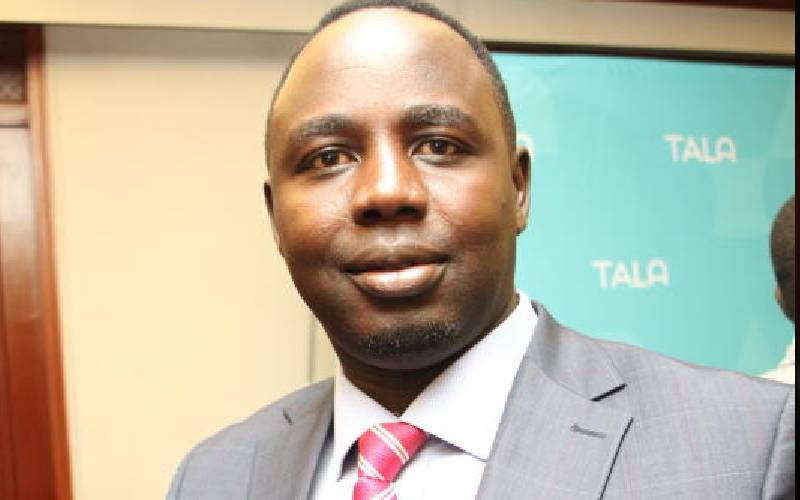
When I published my latest novel, Shadows of Love, I was reminded of something I had always suspected to be true. Kenyans read the things they love, not just because the school system forces them to, but because they genuinely enjoy reading those things.
After completing the story, I handed it over to a small but dynamic publisher, InterCEN Books. The CEO of this firm, Barack Wandera, is a 29-year-old young man! Why did I take this risk? I was looking for someone who believed in the story, not just its potential to appear on a syllabus. When the book hit the shelves in December 2024, something remarkable happened. It sold 2,000 copies in just one month. Unmatched best seller per Kenyan standards! The response astonished me and opened my eyes to a truth hiding in plain sight. I can now confidently proclaim that there is a huge market for books in Kenya that extends far beyond the classroom.
I think this is what young creative writers in Kenya have discovered. They are no longer interested in dancing to the tune of the Kenya Institute of Curriculum Development (KICD), which vets books for schools at a cost that many writers find prohibitive. These writers have seen that there is an audience hungry for fresh narratives, stories that speak to their lives, their aspirations, and their struggles.
Mainstream publishers, sadly, seem blind to this shift. They have become too comfortable churning out school texts, readers, and revision books, stuck in the groove of the school market. The truth is that they are missing a literary revolution. Our national demographics tell a different story. We have millions of Kenyans above the age of 25 who are no longer in school but who enjoy a good read. They are young professionals, entrepreneurs, parents, and ordinary citizens eager for quality stories. This is the audience that young writers are reaching out to, and they are doing so with energy, creativity, and boldness.
Small publishers have risen to serve this market, while many writers have embraced self-publishing. Diana Mosoba is one such writer. Her novel Till Death Do Us Part has resonated widely and performed very well on the market without the help of any of the big-name publishers. Then there is Ng’ang’a Mbugua, a respected writer who left established publishing firms to set up his own publishing house, and today, his books are flying off the shelves. The most spectacular is Eunniah Mbabazi, who has secured a place among the most notable writers Kenya has ever produced!
Perhaps another name worth mentioning is JB Omukangala, a self-published author who is making impressive waves in the market. Omukangala has mastered the art of using social media to connect with readers. With over 159,000 followers on Facebook alone, he is proof that you don’t need the backing of a traditional publisher to succeed.
There is no doubt that young writers have tapped into the power of social media and other digital platforms to market their books, engage with readers, and penetrate markets that were previously closed off to them. They are harnessing Facebook, Instagram, X (formerly Twitter), TikTok, and e-commerce sites to reach readers directly. By doing so, they are cutting out the middleman and building loyal followings. They are also leveraging digital printing and making it easier to get their work out into the world quickly and affordably.
To say that established publishers have let writers down is an understatement. Writers in this country have harrowing tales about the payment of royalties. It pains me to say this, but too often, established publishers have obscenely failed writers. Some do not pay royalties. Others falsify records or under-report sales, robbing writers of the fruits of their hard work.
What we are witnessing is, therefore, a shift in the balance of power. Young writers are no longer willing to be at the mercy of publishers who do not value their contributions. They are choosing their own paths and finding success on their own terms.
But this revolution faces its challenges. In the rush to publish, some young writers and small publishers have overlooked the vital importance of editing and quality control. We have seen books filled with grammatical errors, poor layouts, and other avoidable mistakes. A great story deserves great packaging, and young writers must invest to ensure their books meet the highest standards.
Will the mainstream publishers wake up in time? Will they see that the literary world has changed, and that their survival depends on adapting to this new reality? Will they invest more in development editing? They must. If they do not, they will be left behind by a new generation of writers who are bold, enterprising, and determined to tell their stories their way.
What young writers are doing is commendable. We now have access to richer, more diverse voices that are not controlled by overzealous assessors who screen books for schools and promote hollow moralism and project an unrealistic, sanitized worldview that lacks genuine human emotions. To sell a utopian world stripped of passion, complexity, and truth is an insult to literature.
Prof. Egara Kabaji is a writer, educationist, and researcher based at Masinde Muliro University. He is also the Vice President of the Pan African Writers Association (PAWA) and the Chancellor of Mt. Kigali University, Rwanda. [email protected]
Stay informed. Subscribe to our newsletter







